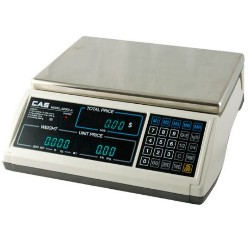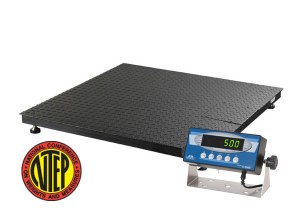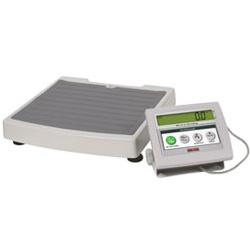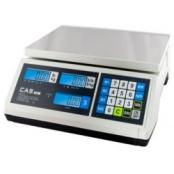Believe it or not, the warmer months will be here before long and we’ll all be looking to cool down at the local froyo shop. Today, many of these frozen yogurt shops allow the consumer to dispense as much frozen yogurt he or she wants.
The yogurt is priced at around fifty cents per ounce, so if you want many different flavors or a cup that is filled sky high, you can. However, the real question is are you paying for just the yogurt and toppings that you consume or are you also paying for the cup that the yogurt is placed in?
Many yogurt shops determine price based on the weight of the yogurt and toppings, but they are required to subtract the weight of the cup or package first (which is called the tare weight). According to Jerry Butler, NCDA & CS Weight and Measures program manager, not every shop is aware of that. Butler heads a team of 24 inspectors whose job is to inspect scales in the state, and he guesses that they’ve inspected around a hundred or so yogurt shops so far. Of those, he estimates about 75 percent have not been using their scales properly. “Say you’re a family of four,” Butler says, “you could be paying up to a dollar extra just for the weight of the cups. So it’s important that the shops know how to use their scales.”
Now that the NCDA & CS inspectors have discovered that yogurt shops use scales, they’re keeping an eye out for them as they drive to other jobs. If they see a frozen yogurt shop while they’re out, they’ll step inside to inspect it. Most shops that have been violating are quick to correct their mistakes, which were usually made in ignorance, Butler says. A second offense would result in a notice of violation, and a third offender must pay a penalty of up to $5,000. So what can frozen yogurt eaters do to make sure they’re getting the most yogurt for their buck? “The bottom line is: the consumer needs to look and ask,” Butler says. “Make sure that the yogurt shop employee uses the tare. And if they’re not, the consumer needs to call me.”
Fortunately for frozen yogurt shop owners, we have electronic scales available that make this process fairly easy to accommodate. Contact the sales staff today (919) 776-7737 and they will be happy to provide you with prices for the legal for trade scales that will work best to accommodate weighing frozen yogurt by the ounce, and using the tare feature to subtract out the weight of the cup.
Scales for Every Application
We have standard legal for trade counter top scales. We have point of sale scales that can connect to your cash register. Finally, we have price computing scales that can display the weight and price on both the front of the scale and the back of the scale.
We offer over 40,000 products (and counting) — the largest selection of quality weighing products available—and the best customer service in the business. Contact us today for all of your scale needs.




